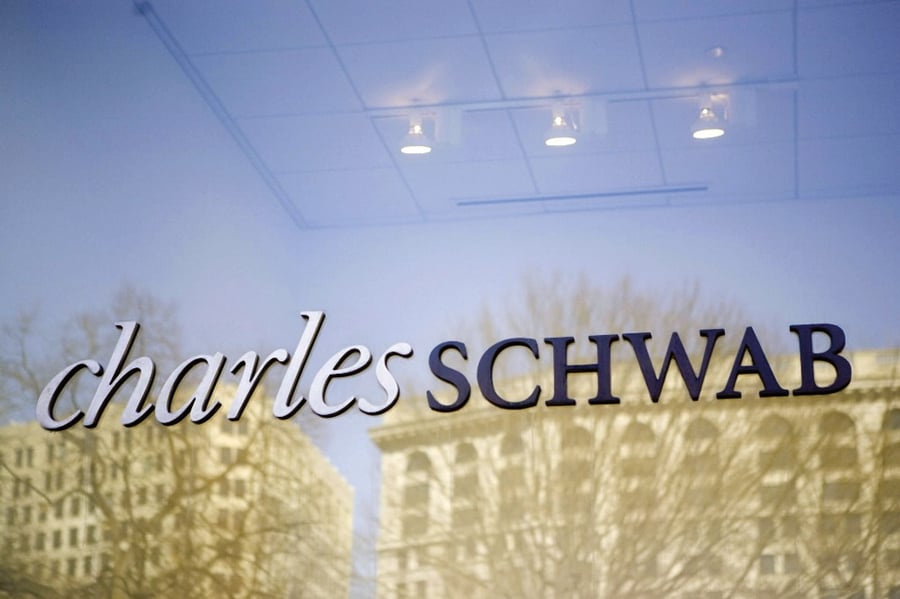A federal judge dismissed most of the claims filed against Charles Schwab Corp. in a lawsuit alleging the firm profited from its 401(k) plan at the expense of employees, but did allow one allegation to move forward.
The class-action lawsuit,
filed in January 2017, alleged that Charles Schwab breached its fiduciary duty by selecting costly, underperforming in-house investment funds for its 401(k) plan that were not in participants' best interests but provided financial benefits for the firm.
Several similar self-dealing lawsuits
have been filed in recent years against financial services firms, primarily those that actively manage money.
Judge Claudia Wilken of the U.S. District Court for the Northern District of California dismissed most of the claims against Charles Schwab, saying that allegations of funds' underperformance are "insufficient" as factual proof of imprudence. In addition, the funds underperformed by "only a modest amount," the judge said.
Charles Schwab's fees appeared to be "only slightly higher" than those of comparable funds, Ms. Wilken said in an order filed Feb. 8. Modest differences in fees don't give rise to a breach in fiduciary duty since fiduciaries can take factors other than fees into account, she added.
"As we have said all along, we believe this underlying lawsuit is completely without merit," Charles Schwab spokesman Mike Peterson said of the case, Dorman v. Charles Schwab Corp. et al. "We are pleased that the court dismissed the majority of Dorman's claims and are confident we will prevail on the remaining litigation."
The judge allowed one claim involving a stable-value fund to move forward. Schwab transferred 401(k) assets from an affiliated stable-value fund in 2012, transferring 70% of the assets to short-duration bond funds managed by JPMorgan and Pimco, and 30% to a Schwab money market fund. However, Schwab transferred all the assets into a Schwab Bank Savings Cash Account two years later, according to the court document.
Ms. Wilken found that the plaintiff, Michael Dorman, who participated in the company retirement plan from 2009 to 2015, pleaded "sufficient facts" to infer Schwab's breach of fiduciary duty. Schwab was supposed to rely on the advice of a third-party consultant, Mercer, to decide how to allocate the stable-value assets. Schwab was unable to produce such a report during the discovery phase of trial, meaning the court should infer that the report doesn't exist or that Schwab ignored Mercer's recommendation, the plaintiff argued.
"We look forward to moving the matter to trial,"James Bloom, an attorney representing the plaintiff, said.
Most asset managers have settled their respective self-dealing lawsuits — Waddell & Reed Financial Inc. and Jackson National respectively paid
$4.9 million and
$4.5 million in November, and Citigroup Inc. and Deutsche Bank respectively paid
$6.9 million and
$21.9 million in August.







